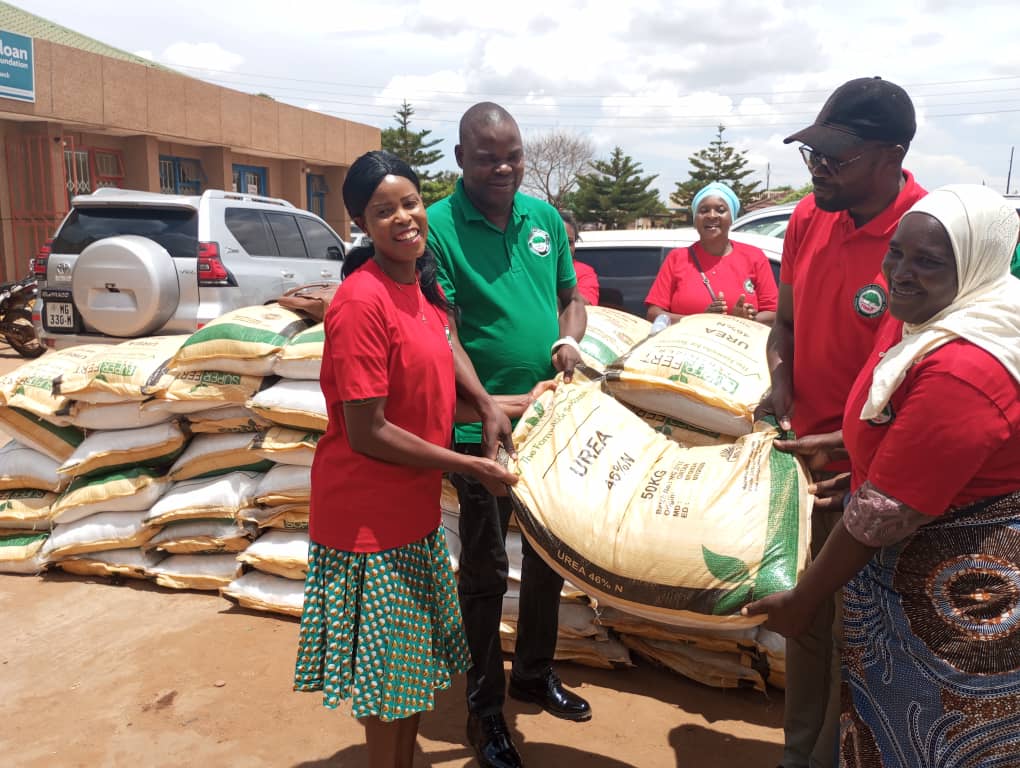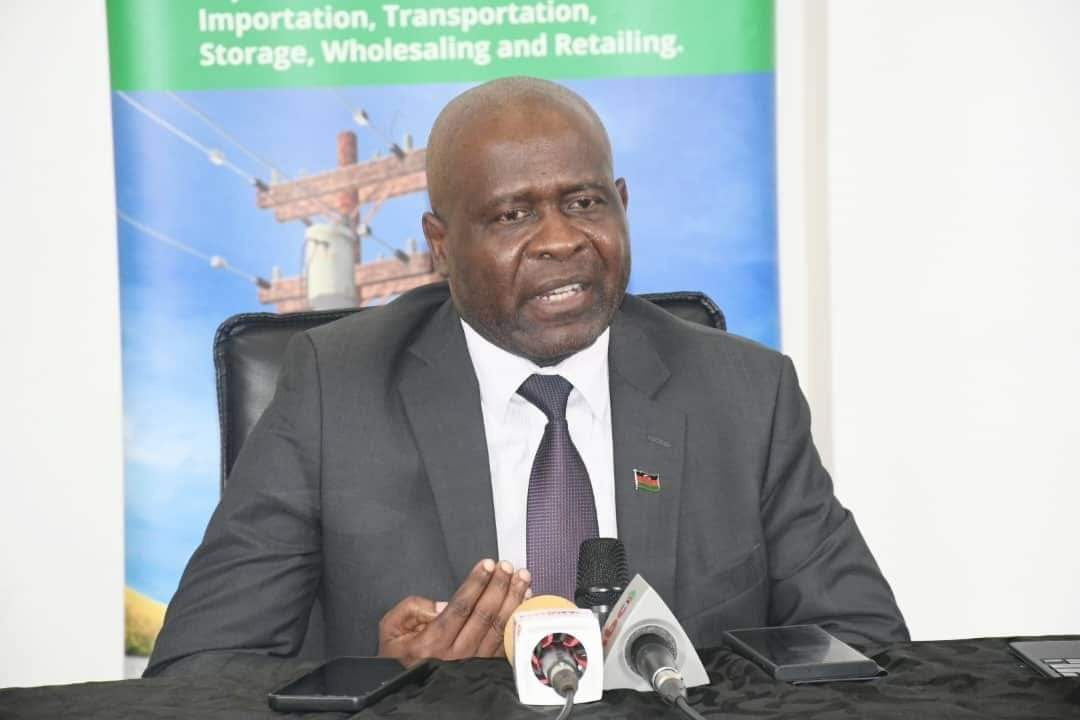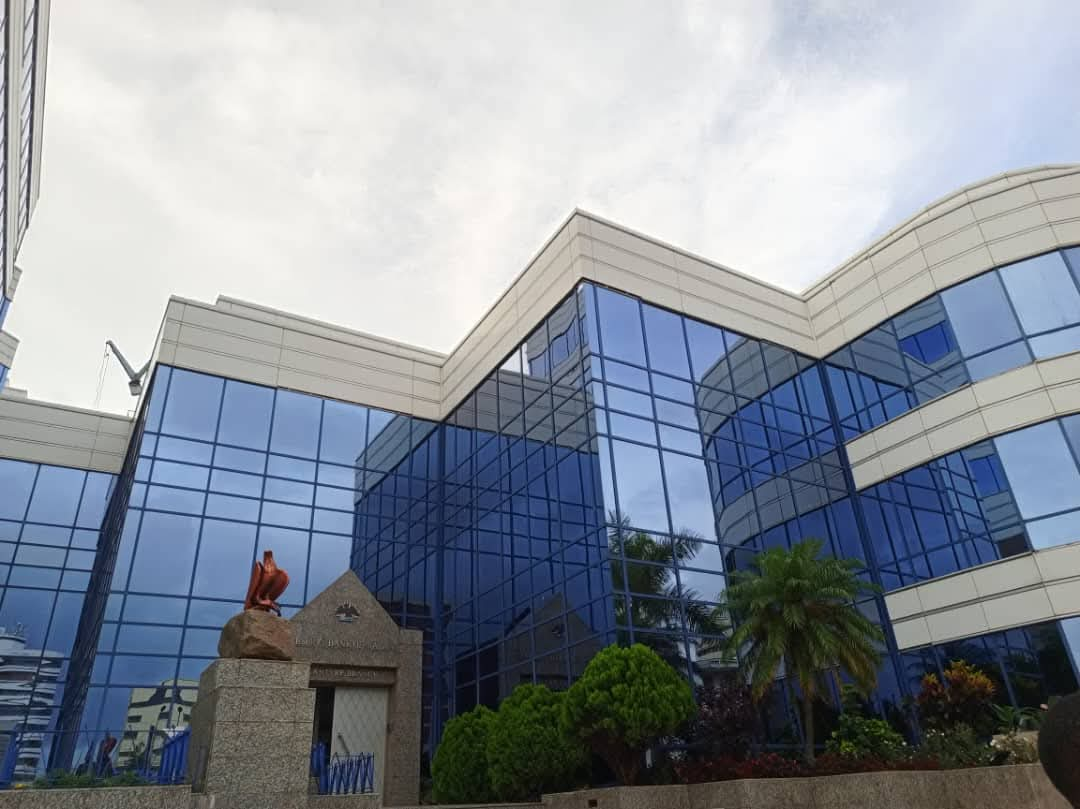By Burnett Munthali
The Budget Committee of the Malawi Parliament has called on the government to significantly increase investment in the agriculture sector, which it says continues to underperform and is in dire need of reform. This plea comes as the country grapples with the challenges of food security and economic growth, with agriculture being a key pillar of the economy.
Mary Navicha, a prominent member of the Budget Committee, expressed concerns over the current state of the agriculture sector, which, despite its potential, still leaves much to be desired. She emphasized that a failure to address the sector’s challenges will hinder the country’s overall development and exacerbate the food insecurity issues that millions of Malawians face.
One of the major suggestions raised by Navicha is the adoption of realistic and efficient domestic revenue collection measures. She stressed that it is crucial for the government to focus on policies that can increase local revenue while avoiding excessive borrowing. Navicha warned that borrowing should be limited to development projects that have clear, measurable returns and contribute meaningfully to the country’s long-term economic growth.
While Navicha acknowledged the government’s recent upward adjustment of K224.96 billion for maize purchases, she urged for a more sustainable approach. The allocation, which is aimed at addressing the ongoing food crisis, is seen as a necessary step. However, she believes that the government must go beyond short-term fixes and focus on long-term solutions that can strengthen the agricultural sector and ensure consistent food security for the nation.
A particularly concerning issue, according to Navicha, is the decline in the allocation for development projects. The Budget Committee has expressed dissatisfaction with the reduced funding for various development programs, warning that this trend is detrimental to Malawi’s progress. Unfinished projects continue to undermine the country’s growth, preventing the nation from realizing its full potential in critical sectors such as education, infrastructure, and healthcare.
Navicha highlighted that the continued shortfall in project completion reflects poor planning and implementation, which ultimately hinders overall development. She emphasized that for Malawi to move forward and achieve sustainable economic growth, it is essential for the government to prioritize the completion of development projects that are already in progress and ensure new ones are executed efficiently.
The Budget Committee’s statement serves as a wake-up call for the government to reassess its approach to budgeting, particularly in relation to agricultural investment and the completion of development projects. As the country looks to overcome its economic and social challenges, it will require bold and strategic measures that focus on sustainability, accountability, and long-term growth.
With agriculture being a critical sector for Malawi’s economy, the call for increased investment in this area is timely. Effective investments in agriculture could not only address food security but also improve rural livelihoods, boost employment, and contribute to the country’s overall economic development.




